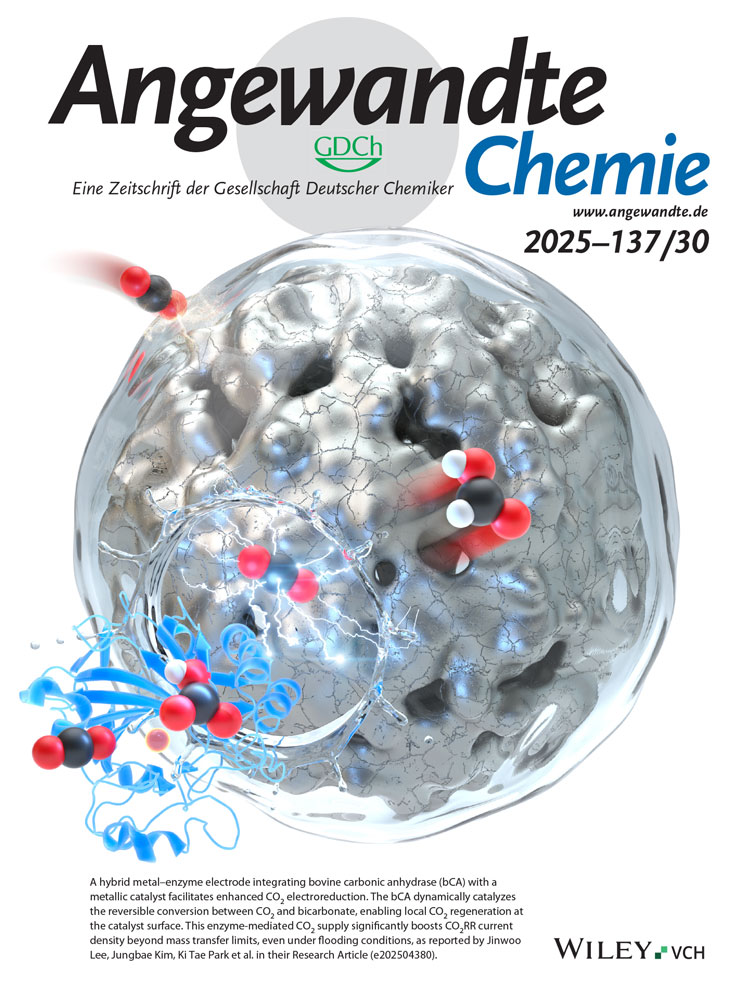Scalable Preparation of Polyzwitterionic Hydrogels Based on Hydration Shielding-Accelerated Redox Self-Catalytic Polymerization (HS-A-RP)
Abstract
Traditional synthesis methods for polyzwitterionic hydrogels involve harsh conditions, such as thermal or UV irradiation, prolonged durations, and high monomer concentrations. Herein, we address these challenges at the meantime by proposing a novel chemical method, called hydration-shielding accelerated self-catalytic polymerization (HS-A-RP), facilitating the preparation of polyzwitterionic hydrogels. The discovery is that polyvinyl alcohol (PVA) chains can generate hydration shielding around hydrated zwitterionic monomers, promoting their effective aggregation and rapid crosslinking polymerization under the assistance of silver ions (Ag+)-potassium persulfate (S2O82-) redox catalyst. The HS-A-RP method performs under mild condition (−5 °C to 37 °C) without extra energy, overcomes the critical monomer polymerization concentration limitation (wt%: 0.3%), and completes within an ultrashort polymerization time (<60 s). The prepared polyzwitterionic hydrogels possesses a denser network and superior mechanical properties compared to those prepared by traditional thermal/UV methods, exhibiting good antiswelling behavior, excellent lubrication performance, and significant antibacterial and anti-fouling properties. These significant advances endow HS-A-RP with attractive application potentials in manufacturing functional hydrogel coatings for biomedical device, in situ encapsulation of thermally sensitive materials, and excellent sand fixation abilities. Moreover, HS-A-RP method is suitable for scalable manufacture and decorative coating of polyzwitterionic hydrogels on diverse substrates in extreme environmental conditions.
Conflict of Interests
The authors declare no conflict of interest.
Open Research
Data Availability Statement
The data that support the findings of this study are available from the corresponding author upon reasonable request.




